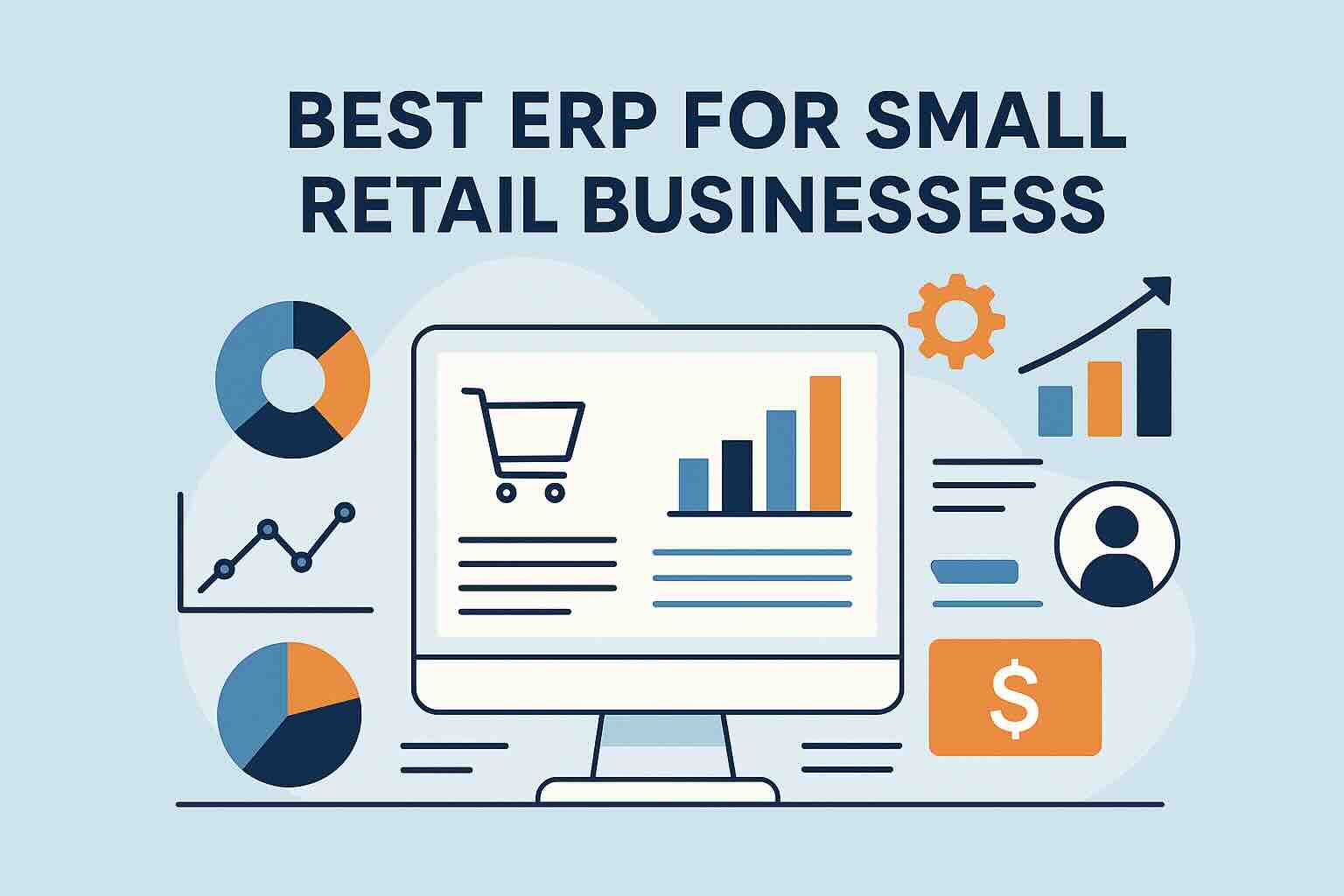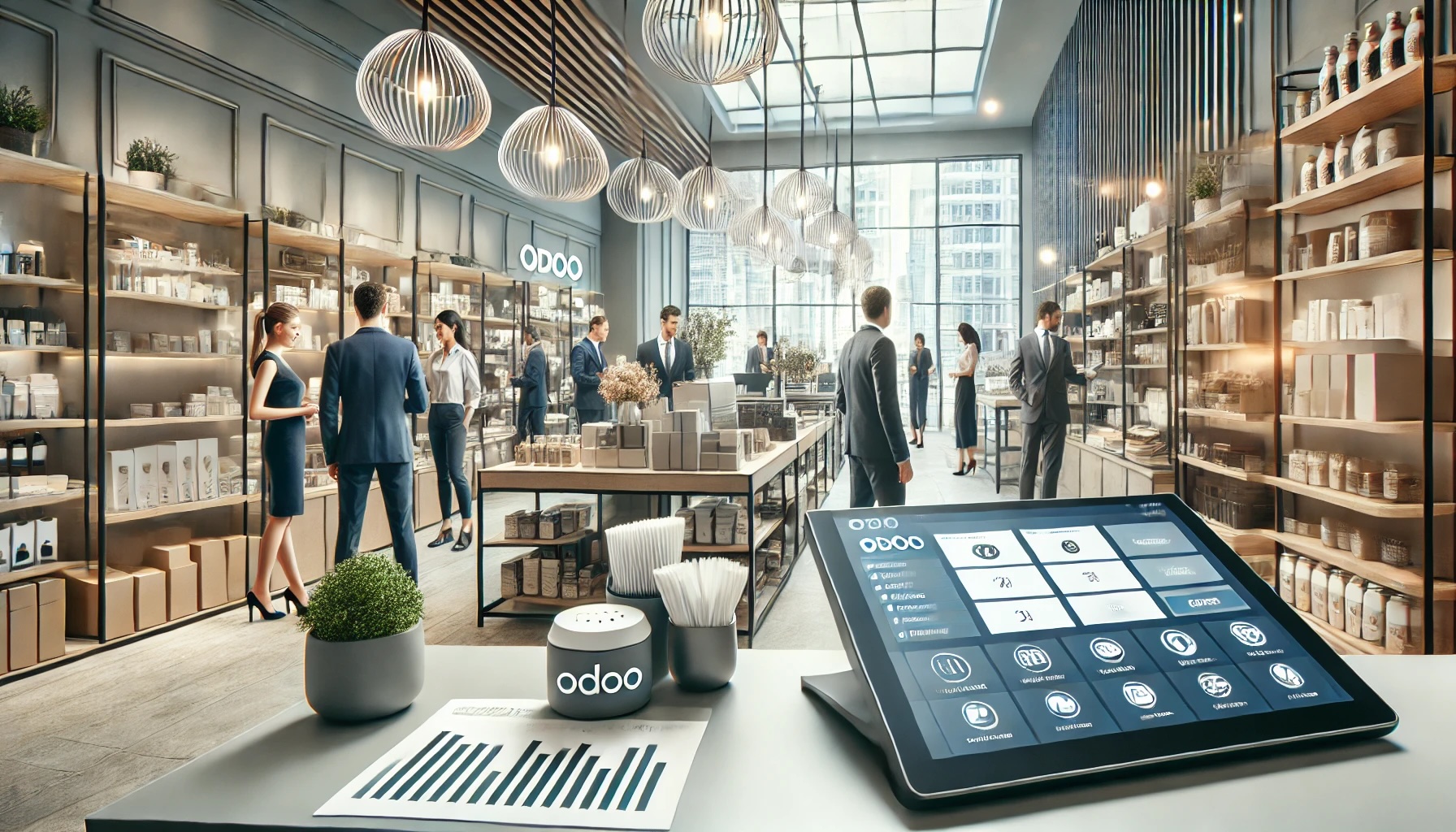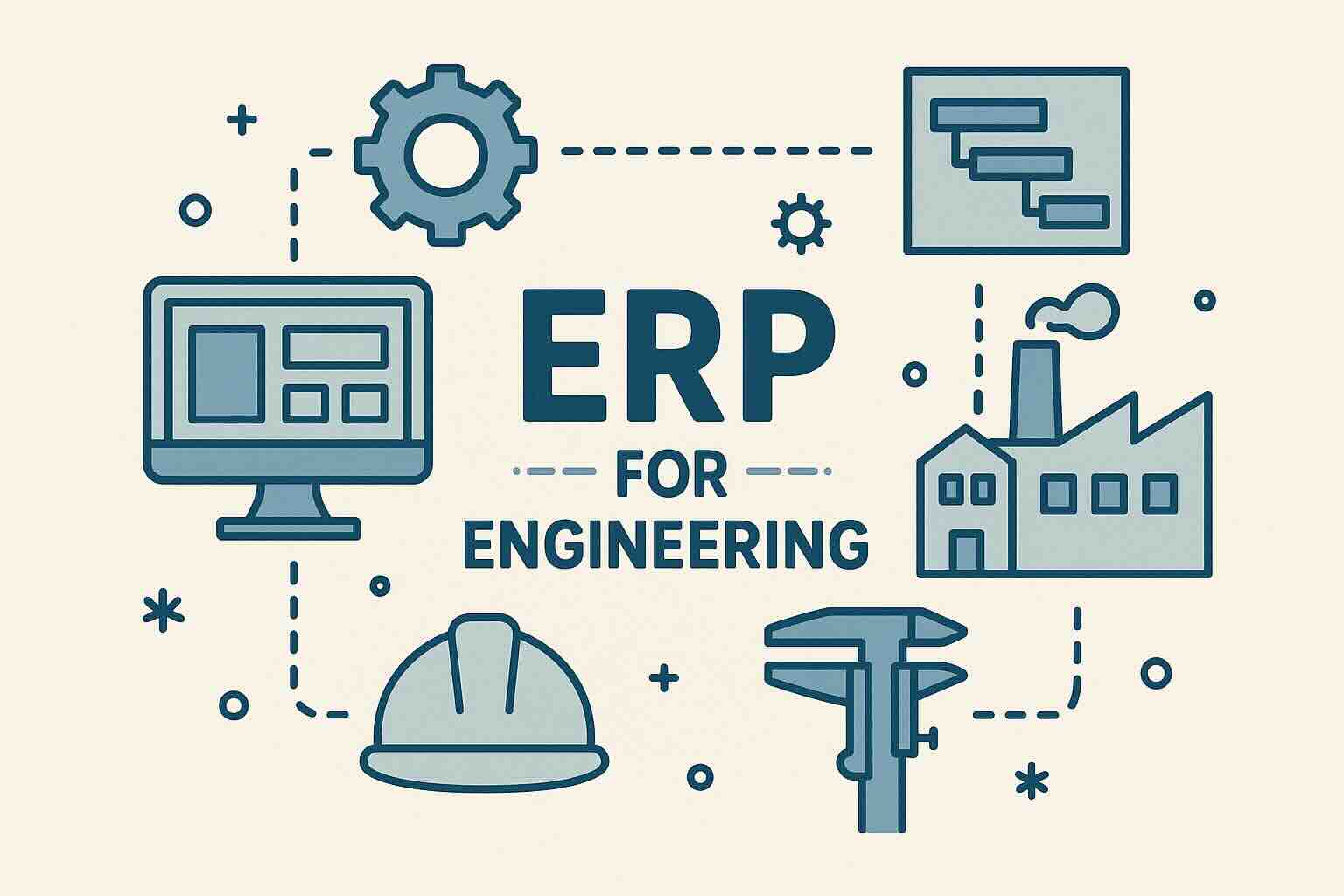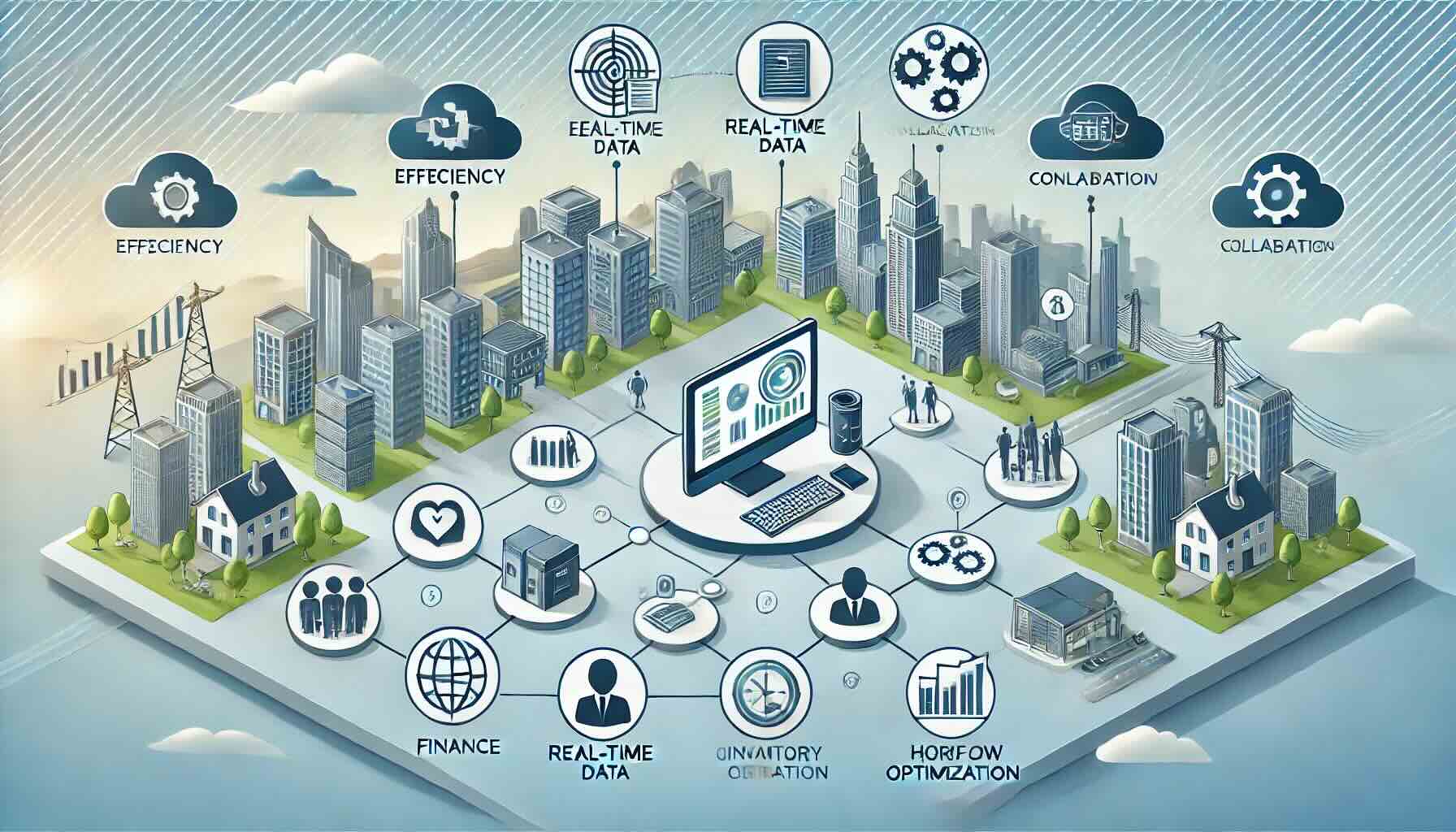Is Microsoft Dynamics a Good ERP for Retail?
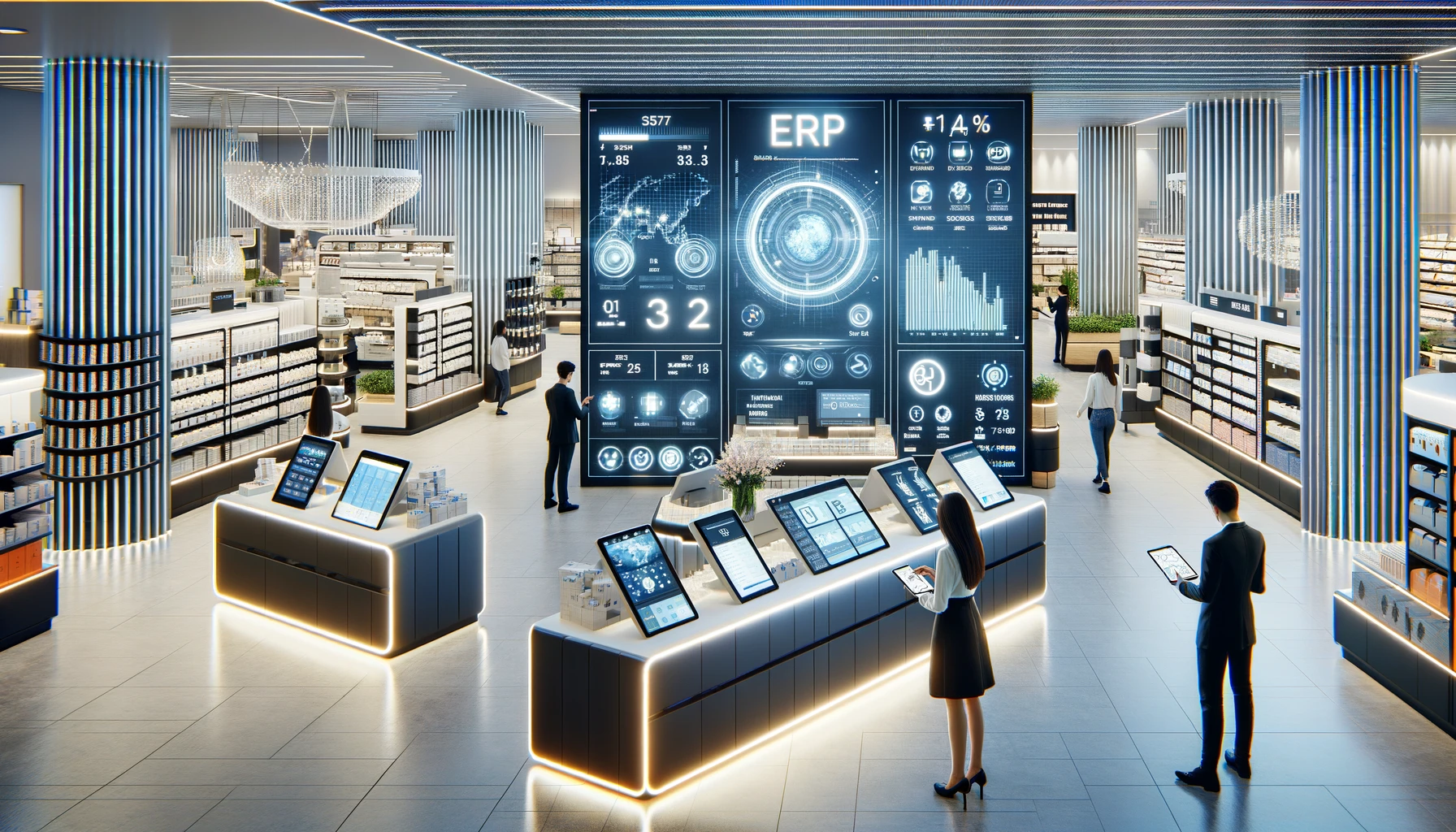
In the dynamic world of retail, where customer expectations are ever-evolving and market trends shift rapidly, businesses continually seek tools that can keep pace while offering comprehensive solutions. Among the array of Enterprise Resource Planning (ERP) systems available, Microsoft Dynamics emerges as a noteworthy contender. But how well does it cater to the unique needs of the retail industry? Let’s delve into an analysis of Microsoft Dynamics ERP for retail, dissecting its strengths and weaknesses to ascertain its suitability for this sector.
Microsoft Dynamics for Retail: A Comprehensive Solution?
Microsoft Dynamics stands out with its robust and versatile approach to managing retail operations. It offers a comprehensive suite of functionalities that align well with the multifaceted needs of retail businesses. From supply chain management and inventory control to customer relationship management (CRM) and financials, Microsoft Dynamics provides an integrated platform that addresses various facets of retail management.
One of the key strengths of Microsoft Dynamics in the retail space is its ability to deliver a unified shopping experience. It achieves this by seamlessly integrating online and offline channels, allowing retailers to maintain consistency in customer interactions and transactions across different touchpoints. This omnichannel capability is crucial in today’s retail landscape, where customers expect a cohesive experience whether they are shopping online, in-store, or through mobile applications.
Inventory management is another area where Microsoft Dynamics shines. Its advanced inventory management tools enable retailers to have real-time visibility into stock levels across multiple locations. This feature is particularly beneficial for retail chains with complex inventory needs. By ensuring accurate tracking and efficient replenishment of goods, it aids in minimizing stockouts and overstock situations, thereby optimizing inventory levels and reducing carrying costs.
Additionally, Microsoft Dynamics’ integration with CRM systems enhances customer engagement by providing detailed insights into customer behavior and preferences. This integration enables personalized marketing, targeted promotions, and improved customer service – all vital components for retaining and attracting customers in the competitive retail sector.
Weaknesses to Consider
However, despite these strengths, Microsoft Dynamics is not without its weaknesses when applied to retail. One significant limitation is the initial complexity and learning curve associated with its deployment. The comprehensive nature of the system, while beneficial in the long run, can pose challenges during the initial implementation phase. Retailers may need to invest significant time and resources in training their staff to fully leverage the system’s capabilities.
Furthermore, the cost factor can be a concern for small to medium-sized retail businesses. The extensive features and functionalities of Microsoft Dynamics come at a price, which might be prohibitive for smaller retailers with limited budgets. While the investment might be justifiable for large retail chains that can leverage the full spectrum of its capabilities, smaller players might find it less cost-effective.
Another aspect to consider is the customization requirements. While Microsoft Dynamics is highly customizable to fit specific business needs, this flexibility often necessitates additional development work. Retailers might need to engage with third-party vendors or in-house IT teams to tailor the system to their unique processes and workflows, adding to the overall cost and complexity of the solution.
Conclusion
In conclusion, Microsoft Dynamics ERP offers a powerful, integrated solution for the retail industry, particularly suited to businesses seeking a comprehensive system to manage their multifaceted operations. Its strengths in omnichannel integration, inventory management, and CRM integration make it a strong contender in the ERP landscape for retail. However, its complexity, cost, and customization needs may pose challenges, particularly for smaller retailers. Ultimately, the decision to adopt Microsoft Dynamics should be weighed against these factors, considering the specific needs and resources of the retail business in question. Click this link to find out more about Microsoft Dynamics for retail.
To compare Microsoft Dynamics with 100s of other ERP solutions, you can use our new AI-powered Compare ERP tool. It’s free to use and you get a guaranteed discount on your first year’s licence fees with a referral from Compare ERP.




